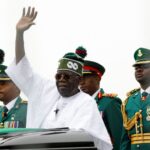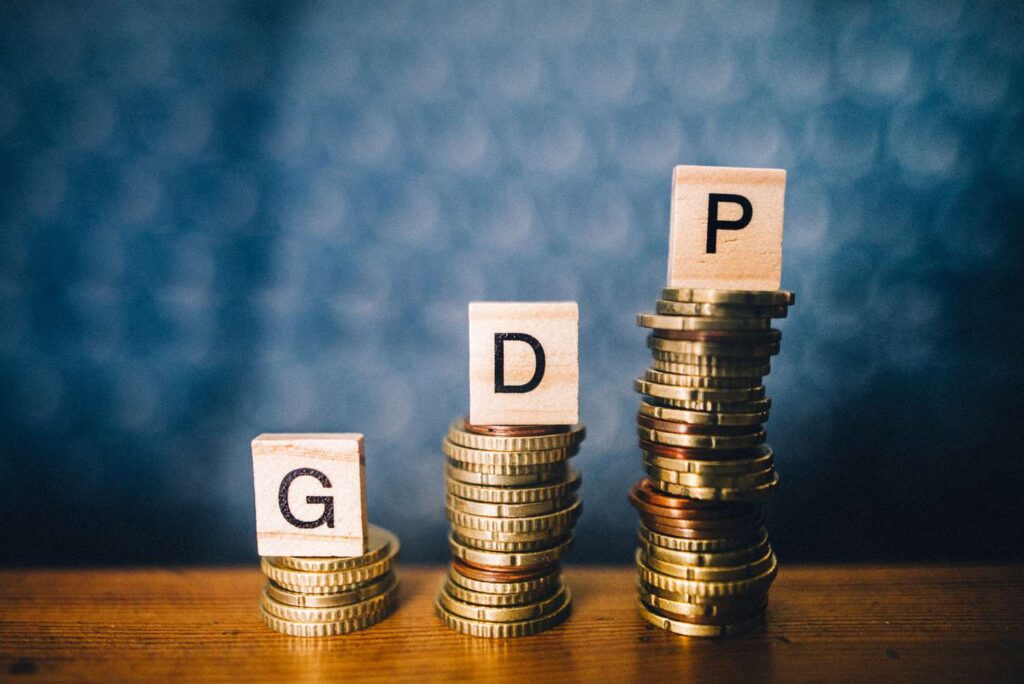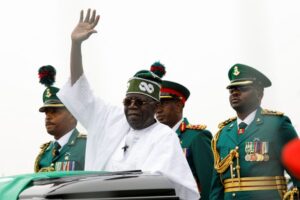Economist Intelligence Unit (EIU) analysts have projected a 2.2 percent real Gross Domestic Product (GDP) for Nigeria by the conclusion of 2023, with an anticipated increase to 2.6 percent by 2024.
Despite this, Nigeria’s third-quarter (Q3) GDP for 2023 only recorded a growth of 2.5 per cent, falling below the 3.5 per cent growth observed in 2022, according to the National Bureau of Statistics (NBS).
The latest country report from EIU on Nigeria highlights expectations of a modest acceleration in real GDP growth, reaching 2.2 per cent in 2023 and remaining sluggish at 2.6 per cent in 2024. The report attributes this performance decline to high inflation and monetary tightening, leading to a third consecutive year of contraction in domestic demand in 2024.
The report emphasizes the unusual trend of decline in a country where the population is expanding at approximately 2.5 per cent annually. Net exports are projected to be the primary growth driver early in the forecast period, with expectations of increased oil export volumes and a boost from the Dangote refinery displacing fuel and chemical imports in 2024.
The impact of the fuel subsidy and the floating of the naira has significantly affected the citizens’ purchasing power. The report notes that inflation in Nigeria has continued to rise throughout 2023, accelerated by market reforms, particularly since June. Currency losses on the parallel market, accounting for a significant portion of foreign exchange transactions, are anticipated to drive imported inflation into 2024.
The EIU predicts that inflation will remain high in 2024, averaging 23.6 per cent for the year. Factors contributing to this include delayed and insufficient monetary response, fiscal expansionism, and the assumption that petrol prices will be held steady for much of the year.
The naira’s float in June has led to substantial losses on the parallel market, with a 45 per cent depreciation against the US dollar since June. The Central Bank of Nigeria (CBN) has adjusted its approach by guiding the exchange rate through limitations on access to foreign exchange sales for banks and other dealers quoting rates outside a preferred range.
The report emphasizes that an unsupportive monetary policy suggests the naira will continue to face pressure, with the CBN lacking the capacity to adequately supply the market or clear a backlog of foreign exchange orders exceeding $6 billion. This situation is expected to unsettle foreign investors.
While official foreign reserves are reported at $33 billion, up to one-third of these assets are encumbered. The official exchange rate is anticipated to be sustained by access restrictions in the short to medium term, implying extended lead times at the Nigerian Autonomous Foreign Exchange Market (NAFEM).
The report suggests that the CBN is likely to resist convergence attempts until late 2024 when petrol imports are eliminated. The naira is expected to end that year at N822.9:$1, down from an estimated N810:$1 at the end of 2023. Substantial devaluations are anticipated in 2025, causing a 38.5 per cent loss against the US dollar over the year.
The report concludes that the combination of high inflation and an unstable parallel market will result in periodic devaluations, projecting a rate of N1,262.1:$1 at the end of 2028, with a continuous spread with the parallel market expected. The impact of these economic dynamics on citizens’ purchasing power is significant, emphasizing the need for strategic interventions and policies to mitigate adverse effects on the population.








More Stories
Dangote refinery reduces petrol price by N15
South African authorities approve Canal+ acquisition of Multichoice
National Sports Festival: Traders, transporters, hospitality businesses boom in Ogun